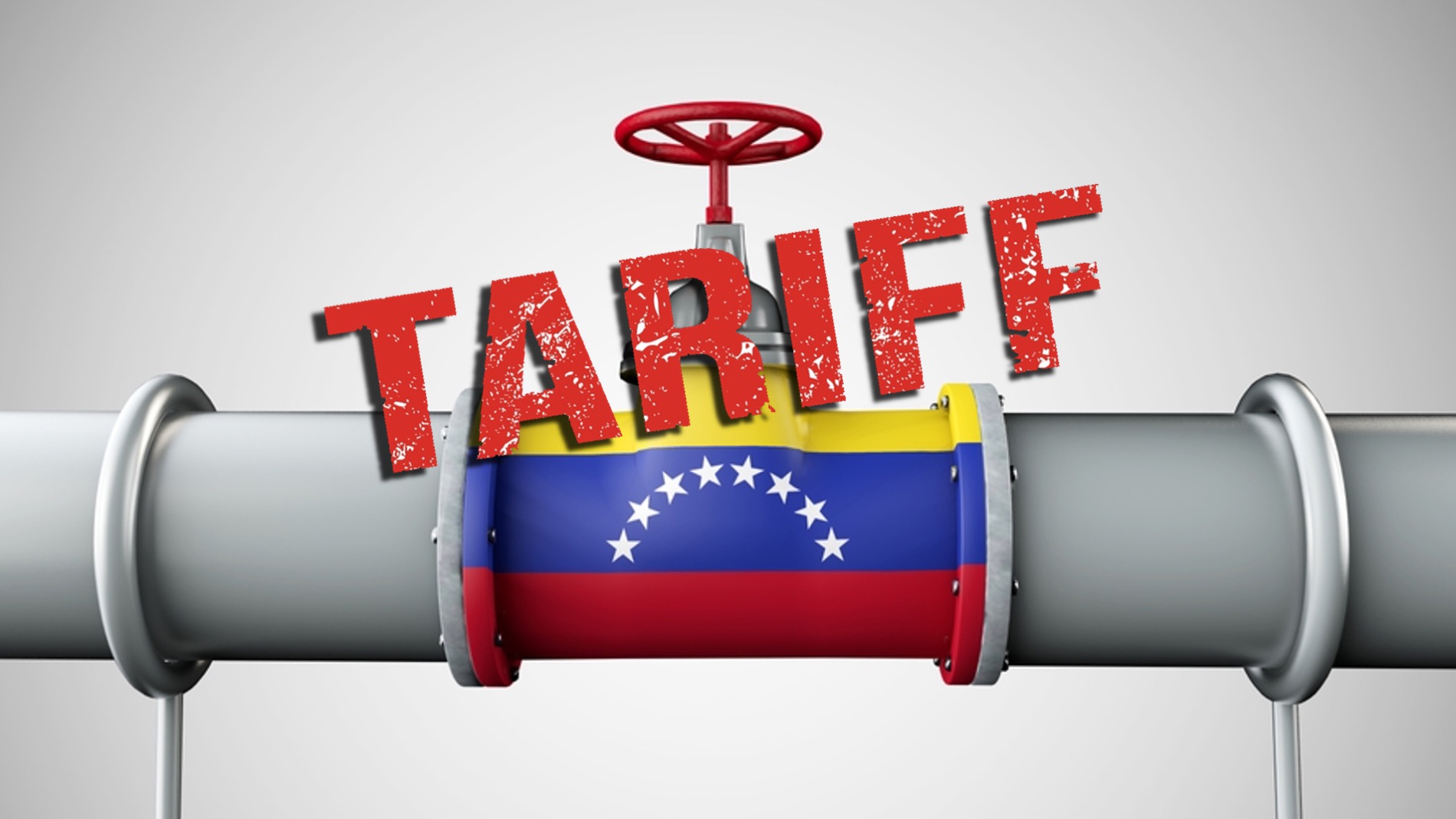Israel Faces Political Turmoil Amid Security Chief's Allegations Against Netanyahu
In a dramatic turn of events, Israel's internal security chief Ronin Bar has leveled serious accusations against Prime Minister Benjamin Netanyahu, alleging demands for personal loyalty and orders to surveil anti-government protesters. Bar's affidavit, submitted to the court, hints at deepening political unrest within the country, as he prepares to announce his resignation.
The affidavit, released by the attorney general's office, underscores Bar's claims that Netanyahu dismissed him for refusing to pledge loyalty over judicial authority. Bar revealed that Netanyahu expected him to prioritize the Prime Minister's directives during any potential constitutional crisis rather than adhering to court rulings. This assertion raises significant concerns regarding the balance of power and governance in Israel.
Spying Allegations and Corruption Investigations
Bar further accused Netanyahu of seeking to use the Shin Bet, Israel's security agency, to monitor the financial backers of anti-government protests. This accusation points to an alarming trend of governmental overreach into civil liberties, as citizens exercise their right to protest against the administration. Additionally, Bar alleged that Netanyahu requested assistance in delaying testimony in an ongoing corruption trial against him, a claim that has been vehemently denied by Netanyahu's office.
The allegations come alongside Bar's denial of accusations that the Shin Bet failed to provide timely warnings regarding the Hamas attack on October 7, 2023. This response highlights ongoing tensions between Netanyahu's government and security agencies, as the fallout from the attack continues to impact national security discourse.
Public Sentiment Amidst Protests
According to a recent poll conducted by CAN public broadcaster, a significant portion of the Israeli population appears to oppose Netanyahu's handling of the ongoing conflict in Gaza. The poll revealed that 56% of respondents support an end to the war in exchange for the release of all remaining hostages. This growing dissent reflects a broader narrative of frustration among citizens regarding the government's approach to both the war and internal security matters.
In a poignant demonstration of this sentiment, former Israeli soldiers joined relatives of hostages in Tel Aviv, staging a protest that symbolized the plight of captives held in Gaza. Demonstrators adorned in chains and red paint evoked the conditions of hostages, calling for urgent action to secure their release. One protester articulated the emotional toll of the conflict, emphasizing the obligation to protect and bring home those who have served the country.
Conclusion
As tensions between government officials and security leadership escalate, the political landscape in Israel is increasingly fraught with challenges. The allegations made by Ronin Bar against Netanyahu not only raise questions about the Prime Minister's governance style but also reflect a growing public desire for change. With protests and dissent on the rise, the coming weeks may prove pivotal in shaping the future of Israel's political and social fabric. The interplay between national security, civil rights, and governmental accountability remains critical as the country navigates this tumultuous period.
For ongoing updates on this evolving situation, stay tuned to our blog.
What's Your Reaction?
















